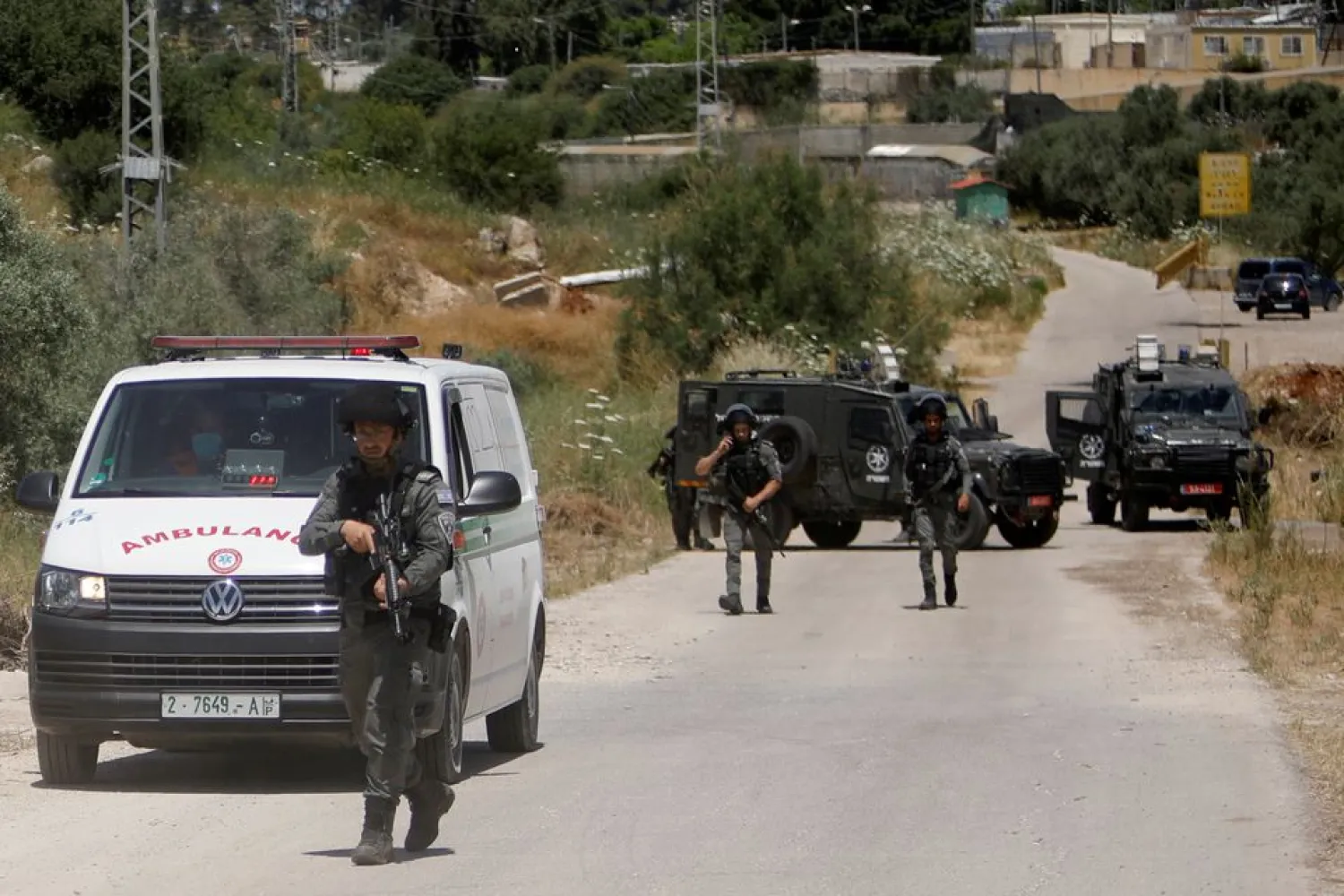A Spanish woman admitted Wednesday under a plea bargain reached in an Israeli military court that she raised large sums of money that were diverted to a banned militant group, the Popular Front for the Liberation of Palestine.
Israel seized on the conviction as proof that it was justified in branding six Palestinian civil society organizations as terrorist groups last month.
But the Popular Front for the Liberation of Palestine is a separate group, court documents suggest the woman knew little about the scheme and she was not implicated in any militant activities by the PFLP.
Juana Ruiz Sánchez, a Spanish citizen who lives in the occupied West Bank and is married to a Palestinian, was a longtime worker for Health Work Committees, a Palestinian nonprofit group that provides medical services in the occupied West Bank.
According to legal documents obtained by The Associated Press, Ruiz raised hundreds of thousands of dollars for the group, some of which was diverted to the PFLP.
But she appeared to have been largely unaware of her involvement in the alleged PFLP fund-raising scheme. In one case, for example, it said she raised some $4,000 for what she thought was medical equipment by presenting donors paperwork that she did not know was fraudulent. The funds were then diverted to the PFLP, according to the document.
“This whole time I thought that I was working for a health, medical organization,” she was quoted as telling the court. "I am very sorry, I simply erred and I want you to take into account that I never wanted to do any injustice to anyone.”
But prosecutors noted she continued her work for the Health Work Committees even after learning a co-worker had helped finance an attack and after Israel declared the organization illegal in early 2020.
“In doing so, the defendant worked for the organization and thus performed a service for the PFLP,” the document said.
She was convicted of “performing a service for an outlawed organization” and illegal money transfers into the West Bank.
The conviction includes a 13-month prison term and $16,500 fine. But with credit for time served and other reductions, she could be released in two weeks, Ruiz’s lawyer, prominent Israeli defense attorney Avigdor Feldman said.









